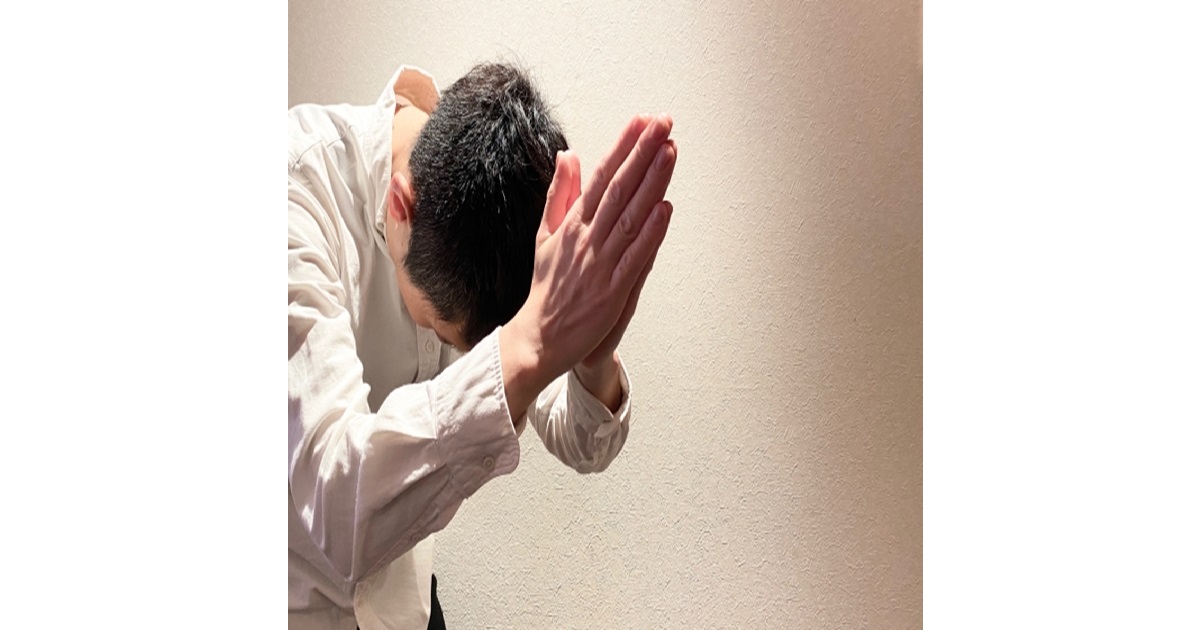I’ve been living outside of Japan for a long time now.
And if there’s one thing my non-Japanese friends always ask me, it’s this:
“Taka, why do Japanese people apologize so much?”
I know exactly what they mean.
You bump into someone lightly on the train, they say “sumimasen.”
A shop clerk hands you your change, they say “sumimasen.”
You hold a door open for someone, they say “sumimasen.”
It can feel like the entire country is constantly walking on eggshells, perpetually sorry for their own existence.
But here’s the secret: they’re not.
“Sumimasen” is not just the Japanese word for “I’m sorry.”
It’s a magic word.
It’s a key that unlocks the core of Japanese communication.
And today, I’m going to give you that key.
Is Everyone in Japan Always Sorry? Cracking the “Sumimasen” Code
The Three Faces of “Sumimasen”
You need to understand that “sumimasen” has at least three different faces.
Thinking of it as just “sorry” is like thinking a key can only open one door.
Face 1: The Apology (The Obvious One)
Okay, let’s get the easy one out of the way.
Yes, “sumimasen” does mean “I’m sorry” or “pardon me.”
If you step on someone’s foot, or spill their coffee, this is the word you use.
This is the “sumimasen” that everyone knows.
But it’s probably the least common way it’s used in daily life.
Face 2: The “Thank You” (The Confusing One)
This is where most foreigners get confused.
Let’s go back to the shop clerk example.
When they hand you your items and say “sumimasen,” they are not apologizing.
They are saying “thank you,” but with a nuance that doesn’t exist in English.
It’s a “thank you” that also means, “I’m sorry for the trouble you’ve taken for me.”
It’s an expression of gratitude mixed with a humble acknowledgment of the other person’s effort.
If someone holds a door for you, and you say “sumimasen,” you are thanking them while also politely saying, “Ah, you shouldn’t have gone to the trouble!”
It’s a sign of humility and respect.
Face 3: The “Excuse Me” (The Practical One)
This is the one you will use the most as a traveler.
Want to get a waiter’s attention in a restaurant?
You raise your hand and say, “Sumimasen!”
Need to ask someone for directions on the street?
You approach them and start with, “Sumimasen…”
Trying to squeeze past someone on a crowded train?
A quiet “sumimasen” is all you need.
In these cases, it has nothing to do with being sorry or thankful.
It’s simply a polite way to get someone’s attention before you make a request.
Want to Dive Deeper into the Japanese Mind?
I know, the Japanese way of thinking can be complex.
If you’re fascinated by these cultural nuances and want to understand the “why” behind Japanese behavior on a much deeper level, there is one book I always recommend to my foreign friends.
It’s called “The Chrysanthemum and the Sword.”
It’s a classic study of Japanese culture written by an American anthropologist, and it brilliantly explains concepts like duty, honor, and the importance of social harmony.
Reading this will give you a kind of superpower to understand the cultural context behind everything you see in Japan.
My Final Advice: When in Doubt, Just Say “Sumimasen”
I understand it can be confusing.
But here’s my advice as a local friend.
If you’re in a situation and you’re not sure whether to say “sorry,” “thank you,” or “excuse me”… just say “sumimasen.”
Seriously.
It is the single most useful, versatile, and polite word in the Japanese language.
It shows that you are trying to be respectful, even if you don’t know the exact right word for the situation.
Japanese people will understand what you mean.
It’s not a word of guilt.
It’s a word of social harmony.
And that, my friends, is one of the most important things to understand about Japan.
You Might Also Like
Now that you understand how Japanese people communicate verbally, how about their unspoken rules?
The art of bowing is another deep topic that reveals so much about the Japanese mind.




